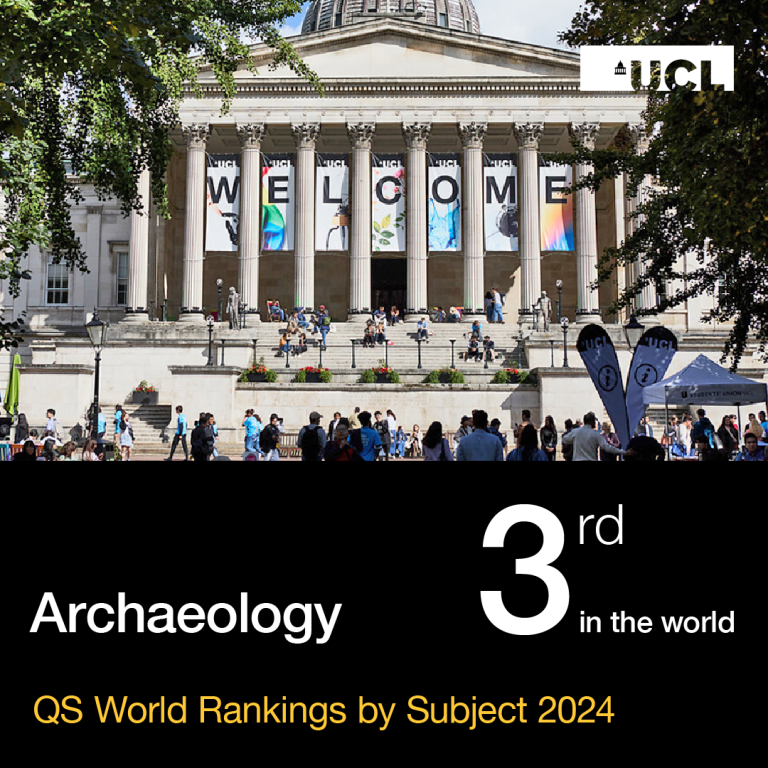This module covers aspects of the archaeology of the Indian Subcontinent from the Mesolithic/Neolithic, through the Bronze Age, to appearance of iron in the late second, to early first millennium BC.
The module (which covers the modern nations of India, Pakistan, Nepal, Sri Lanka, and parts of Afghanistan), tracks the development and spread of agriculture during the Neolithic, through to the rise of Harappan urbanism in the third to second millennium BC.
The focus then shifts to the Gangetic valley, central India, and the South, with an examination of the chalcolithic cultures that co-existed with Harappan urbanism and continued after its decline, and the developments that led to the emergence of the 'second urbanisation' during the first millennium BC.
Themes of discussion include early state formation and urbanisation, agrarian and dietary change, practical and intellectual responses to environmental and climatic change, metallurgy, religion, ideology, and art, including rock-art. There is a strong emphasis on theory, method and the history of archaeological thought, including recent developments in Anthropocene Studies and the Palaeo-Environmental Humanities, with students being encouraged to situate the South Asian material within broader, global archaeological debates.
Module information
- Code: ARCL0050
- Credits: 15
- Coordinator: Julia Shaw
- Handbook: Available from the Coordinator
For registered students
- Reading list:
Availability
- Not running in 2023-24
 Close
Close



